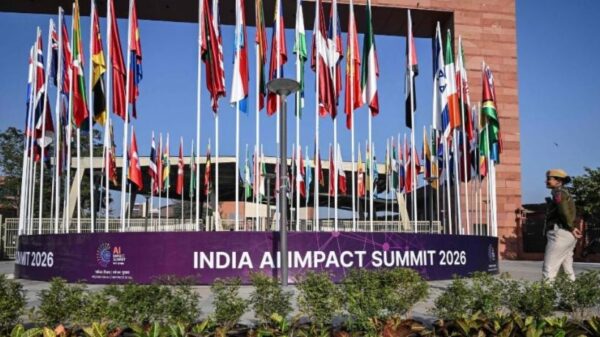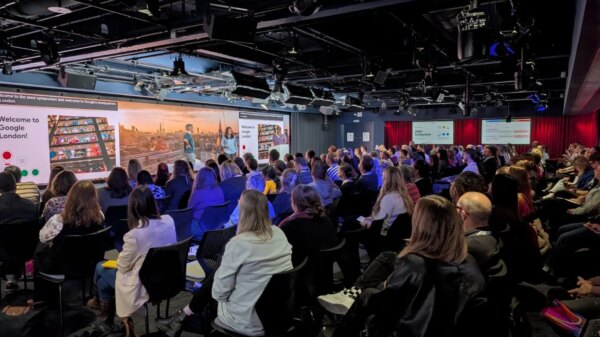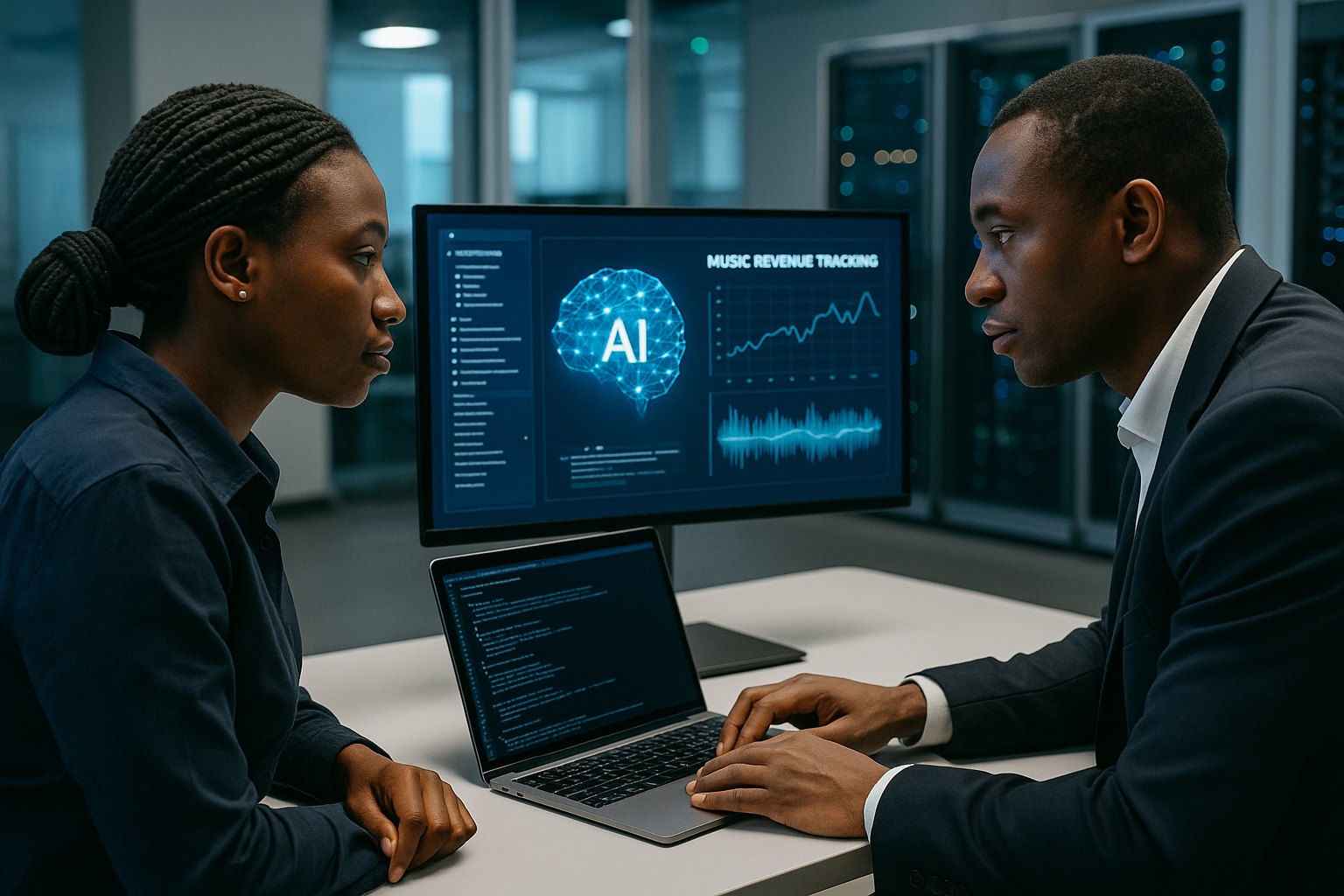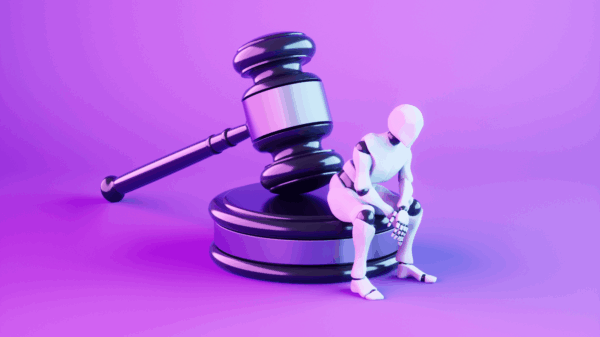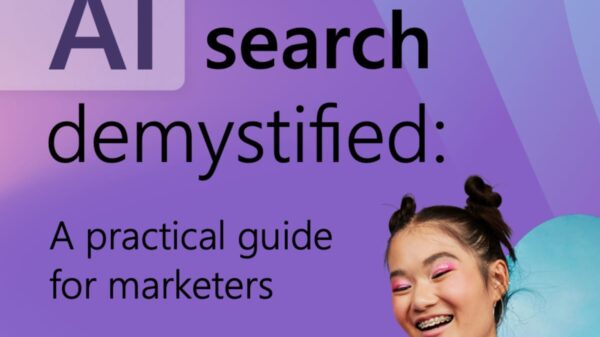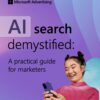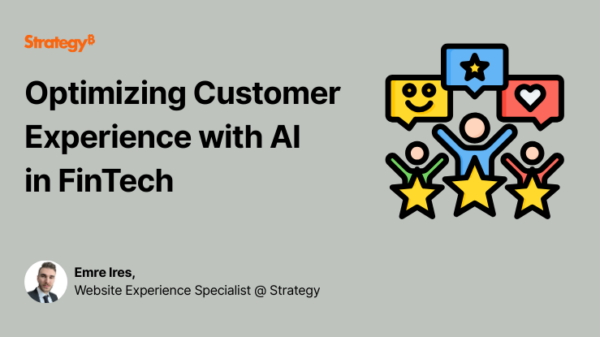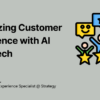The Nigerian federal government, along with start-ups, is actively exploring ways to adopt Artificial Intelligence (AI) solutions to tackle pressing challenges in the creative sector, particularly within the music industry. This initiative aims to enhance revenue generation and protect intellectual property, which has been a significant concern for local artists.
Nigerian musicians are reportedly losing substantial income due to the absence of accurate data to track their musical records used by major record labels outside the country. This lack of oversight not only impacts the artists but also results in lost revenues for the government, which sees its intellectual properties appropriated by foreign companies.
This issue was highlighted during the AI and Music Hackathon 2025 pitch day, which took place at the Grand Ibro Hotel in Abuja. The event was organized by Blue Sapphire Hub in collaboration with the Federal Ministry of Arts and Culture and the Agency for National Arts and Culture (ACET).
The government has shown a readiness to partner with the creative sector to implement AI technologies aimed at generating data that can monitor developments in the industry. This data will help safeguard intellectual properties and ensure proper tracking of revenues. Mrs. Maryam Lawan, the Founder of Blue Sapphire Hub, noted that the government’s response has been promising, with several institutions expressing support for their initiatives.
Mrs. Lawan stated, “Some of the solutions we see today are designed with the hope of being adopted by the Nigerian government to drive evidence-based policy-making in the music industry.” She emphasized the critical need for accurate data, indicating that the industry often produces cumbersome data that leads to significant revenue leakages.
According to her, the current landscape means that contributors in the music industry are not fully benefiting from their work. She remarked, “With AI, it would help them to actually be able to get to utilize the data.” For the government, this technology could provide insights necessary for crafting policies that ensure appropriate taxation, thereby benefiting the ecosystem as a whole.
Mrs. Lawan further emphasized that the data generated from the hackathon’s solutions would be invaluable for both the music industry and Nigeria’s economy at large. She pointed out, “The government has come in, like from the Ministry of Creative Economy, they have supported and endorsed the project. The Agency for National Arts and Culture has endorsed the project.” This collaboration highlights a significant step towards bridging the gap between technology and the creative arts in Nigeria.
As AI continues to evolve, the implications for the music industry could be transformative, potentially allowing local artists to regain control over their work. The partnership between the government and tech innovators represents a pivotal moment in addressing long-standing issues within the sector. By harnessing AI, Nigeria could not only boost its music industry but also set a precedent for the use of technology in creative fields worldwide.
See also Baumgartner Urges Swift Government Reopening, Refuses Pay Amid Historic Shutdown
Baumgartner Urges Swift Government Reopening, Refuses Pay Amid Historic Shutdown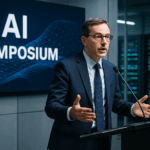 KERI Symposium Reveals Need for New AI Competition Policies to Foster Innovation and Fairness
KERI Symposium Reveals Need for New AI Competition Policies to Foster Innovation and Fairness Paul McCartney Releases Silent Track to Protest AI Copyright Theft, Joins Industry Campaign
Paul McCartney Releases Silent Track to Protest AI Copyright Theft, Joins Industry Campaign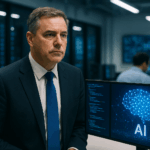 Australian Government Urges AI Strategy to Boost Adoption and Trust by 2028
Australian Government Urges AI Strategy to Boost Adoption and Trust by 2028 Cohere Secures $240M for Canadian AI Data Center Amid Concerns Over U.S. Partnerships
Cohere Secures $240M for Canadian AI Data Center Amid Concerns Over U.S. Partnerships
